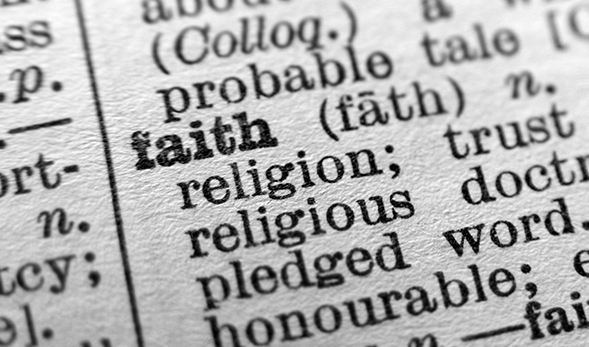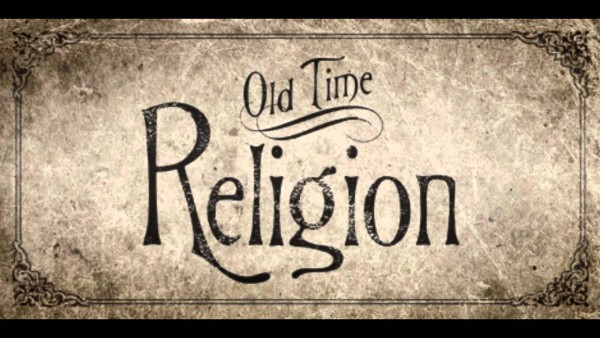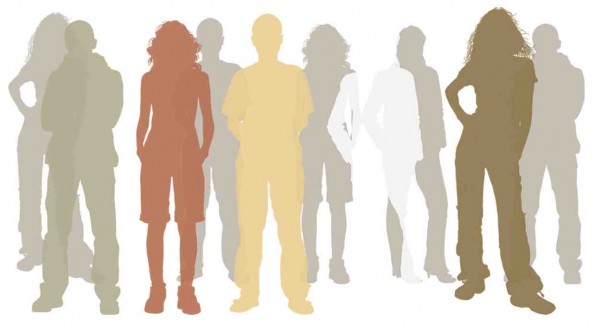Religion Slipping Away From Millennial Generation
/A major academic study into millennials and religion is gaining attention for its conclusion that the generation born in this century appears to be the least religious generation of the last six decades, and possibly in the nation's history.
“Survey results from 11.2 million American adolescents demonstrate a decline in religious orientation, especially after 2000. The trend appears among adolescents as young as 13 and suggests that Millennials are markedly less religious than Boomers and GenX’ers were at the same age. The majority are still religious, but a growing minority seem to embrace secularism, with the changes extending to spirituality and the importance of religion as well.”
The report also indicates that “correlational analyses show that this decline occurred at the same time as increases in individualism and declines in social support. Clearly, this is a time of dramatic change in the religious landscape of the United States.”
The researchers -- including Jean M. Twenge and Ramya Sastry from San Diego State University, Julie J. Exline and Joshua B. Grubbs from Case Western Reserve University and W. Keith Campbell from the University of Georgia -- analyzed data from 11.2 million respondents from four nationally representative surveys of U.S. adolescents ages 13 to 18 taken between 1966 and 2014.
Recent adolescents are less likely to say that religion is important in their lives, report less approval of religious organizations, and report being less spiritual and spending less time praying or meditating, the researchers point out. The results were published recently in the journal PLOS One.
Compared to the late 1970s, twice as many 12th graders and college students never attend religious services, and 75 percent more 12th graders say religion is "not important at all" in their lives. Compared to the early 1980s, twice as many high school seniors and three times as many college students in the 2010s answered "none" when asked their religion.
Compared to the 1990s, 20 percent fewer college students described themselves as above average in spirituality, suggesting that religion has not been replaced with spirituality.
"Unlike previous studies, ours is able to show that millennials' lower religious involvement is due to cultural change, not to millennials being young and unsettled," said Twenge. "Millennial adolescents are less religious than Boomers and GenX'ers were at the same age. We also looked at younger ages than the previous studies. More of today's adolescents are abandoning religion before they reach adulthood, with an increasing number not raised with religion at all."
The study comes just after research released last month by the Pew Research Center that showed the portion of U.S. population as a whole that's not affiliated with any religion has climbed from around 16 percent in 2007 to nearly 23 percent last year. Christianity's share of the country's population dropped from 78 percen t to under 71 percent, according to Pew.
t to under 71 percent, according to Pew.
"These trends are part of a larger cultural context, a context that is often missing in polls about religion," Twenge said. "One context is rising individualism in U.S. culture. Individualism puts the self first, which doesn't always fit well with the commitment to the institution and other people that religion often requires. As Americans become more individualistic, it makes sense that fewer would commit to religion."
Twenge and her colleagues looked at four large, nationally representative studies, according to published reports: The annual Monitoring the Future studies of eighth, 10th, and 12th graders, and the American Freshmen survey of entering college students (focusing on the years 1966 through 2014). They compared answers given by each of those groups to those given by members of previous generations at the same age.
The study finds the decline in religiosity is larger among young women, whites, those of lower socioeconomic status, and residents of the Northeast, the publication Public Standard points out. In contrast, this trend is “very small among blacks,” the researchers write, “and nonexistent among political conservatives.”






























